Catholics make up about 30 percent of voters in national elections. Depending on voter turnout, these 36 to 39 million Catholics have the power to make our country a better nation that is more welcoming to life, more supportive of families, and more effective in its programs to help the poor and marginalized.
In recent years, Pope John Paul II, Pope Benedict XVI, Pope Francis, and the U.S. bishops have called upon Catholics to renew their participation in American political life. That participation means, above all, to take the moral principles of the Catholic Faith into the voting booth.
As Benedict XVI put it May, 2010, our political action should be undertaken “in a manner coherent with the teaching of the Church.” As Cardinal Ratzinger, head of the Congregation for the Doctrine of the Faith, he wrote,
“A well-formed Christian conscience does not permit one to vote for a political program or an individual law which contradicts the fundamental contents of faith and morals” (Doctrinal Note on Some Questions Regarding the Participation of Catholics in Political Life, 4).
The three foundational principles of Catholic social teaching as applied to politics, and to our voting, are the common good (CCC 1905-1912), human dignity (CCC 1700), and human rights (CCC 1930). Catholics need to be aware of what these concepts actually mean in order to avoid being mislead by those who tie those principles to actions contrary to Church teaching.
The Common Good
Catholic voters elect legislators whose job it is to make laws and policies that serve the common good. Thus, we expect our legislators to protect our basic human rights as stated in the Declaration of Independence—the right to life, liberty, and the pursuit of happiness. These rights don’t mean just anything; they are grounded in an authentic understanding of human life.
Once the right to liberty became an excuse to deny the right to life for the most innocent and vulnerable in society, politics lost its grounding in the truth about human existence. Catholics must use their political participation to reconnect politics with the Church’s teaching on the basic truth about the meaning of human life.
Human Dignity
For example, when the Church uses the phrase “human dignity,” she is always referring to the relationship that human beings have with God due to their being created in His likeness (Gen 1:26). To say that we possess an inherent dignity is a reminder that the human person is from God and destined after this earthly life to live with Him in eternity. That’s why an innocent life cannot be taken to make another life more comfortable or less complicated.
Human Rights
The notion of human rights follows from human dignity: Natural rights—the rights that precede any government or society—are the privileges or powers that we have the duty to respect so that all persons can seek genuine happiness in this world and the next. Politicians differ on whether these rights require the government to fulfill them or merely protect the rights of individuals and groups to access them. Please read closely this paragraph from the Catechism of the Catholic Church:
“These [human] rights are prior to society and must be recognized by it. They are the basis of the moral legitimacy of every authority: by flouting them, or refusing to recognize them in its positive legislation, a society undermines its own moral legitimacy. If it does not respect them, authority can rely only on force or violence to obtain obedience from its subjects. It is the Church’s role to remind men of good will of these rights and to distinguish them from unwarranted or false claims.”
These words could serve as a guide to Catholics in their political participation and their voting.
Catholic Voters
Hardly a day goes by when something silly is published in the media about the “Catholic vote.” There is no Catholic vote in the sense of a bloc of voters that reliably supports a specific set of policies. But there are a substantial of Catholic voters in many states who have historically demonstrated they will respond positively to a socially conservative candidate, regardless of their party identification.
Our electoral history since the 1950s shows that Catholics who attend Mass regularly vote more often and express heightened concern for issues at the core of Catholic social teaching. The more politicians begin to notice that there are millions of religiously active Catholics who vote their values, the more Catholics will have an opportunity to influence their leaders.
The true political meaning of the “Catholic vote” refers to those “swing” Catholic voters who can elect a president by their impact on key states such as Florida, Ohio, Colorado, Pennsylvania, Nevada, and New Mexico. Therefore, I am not talking about a Catholic voting “block,” but about the 1%-5% Catholic voters in various states who can win its electoral votes for a pro-life presidential candidate.
In my years of working with Catholic voters, I am constantly confronted with some basic confusions among Catholic about the political participation. These confusions, as I call them, both diminishes their political participation and misleads them.
Five Confusions
1. Catholics who vote should not worry about the charge of “imposing” their values on others. Catholics do not seek laws requiring citizens to attend church or observe Lenten fasts. On the contrary, Catholics seek the protection of basic human rights through legislation and policy, such as the right to life and the right to educational free-dom. Laws and policies embody the values we—as a nation—agree to live by.
2. Pro-life Catholics are often criticized Catholics as being “single-issue” voters. This is far from true. These Catholics know that the protection of the unborn is the dominant issue among all political issues. The principle underlying the rejection of abortion extends to other issues, such as bioethics, population control, euthanasia, and defense. The mandate to protect life in politics is unconditional and should be forefront in the minds of Catholics as they cast their votes. To care about life is to care about everything.
3. Catholics often fail to recognize that not all moral issues are of equal importance. As dominant-issue voters, Catholics should learn to give “life” issues their proper priority, thus preserving the hierarchy of values at the core of Church teaching—and the founding of America itself. Life issues are not prudential, they are settled in the Church teaching, meaning there is only one way to vote regarding them.
4. Catholics are often confused by Church teaching on prudential matters. The US Bishops often release opinions on prudential issues such as immigration, health care (excluding the life issues), and poverty. Catholics are obliged to affirm the general principles informing the bishop’s prudential judgment, but not the specific application of those principles to a concrete situation. How general principles are implemented in a specific policy or piece of legislation is a matter of prudential judgment. It’s crucial for Catholic voters to understand the principles so they may best consider the judgments put forward by politicians, Church officials, and other leaders.
As Archbishop Wilton D. Gregory, then president of the USCCB, wrote to President George W. Bush about the Iraq War, “People of good will may apply ethical principles and come to different prudential judgments, depending upon their assessment of the facts at hand and other issues” (“Letter to President Bush on Iraq,” September 13, 2002).
5. Finally, Catholics should know there is no need to leave any part of the Faith outside of the voting booth. The much-discussed dichotomy between that part of the Catholic faith that is “personal” and that which is “public” is a fiction, a convenient cover for Catholic politicians who want to support abortion and same-sex marriage without appearing to ignore Church teaching. When Governor Mario Cuomo spoke at Notre Dame (1984) — “Religious Belief and Pubic Morality — in defense of this dichotomy he was effectively giving a green light to Catholic politicians to embrace abortion-on-demand.
The Scandal
As a result, there are far more pro-abortion Catholics in the United States Congress than pro-life, far more. This scandal remains to be addressed by our bishops in any direct manner. However, it is Catholic voters, not the clergy, who can remove this scandal from our nation.
This is Part 1 of an ongoing series in How To Vote Catholic.

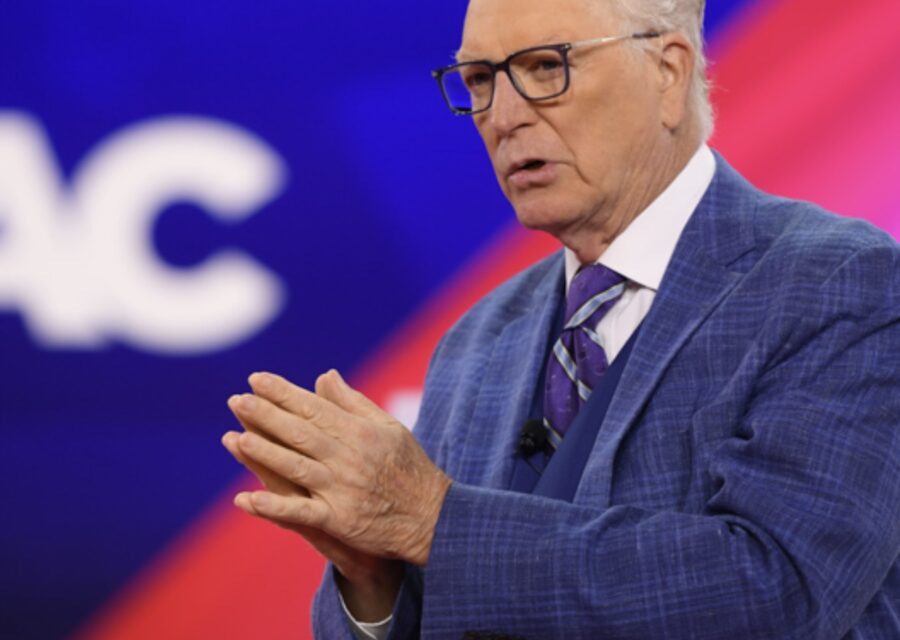
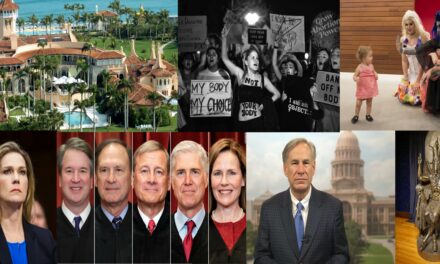
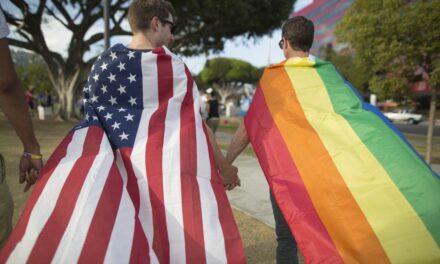
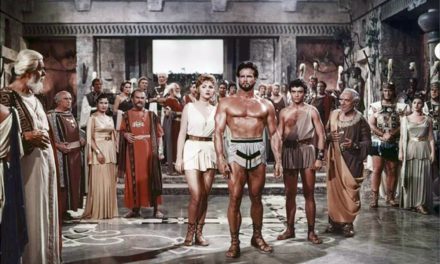
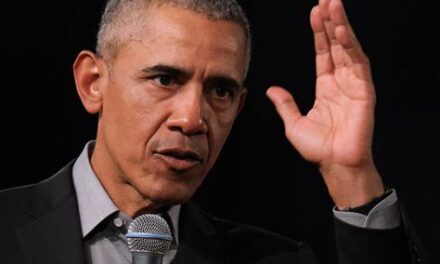









Trackbacks/Pingbacks